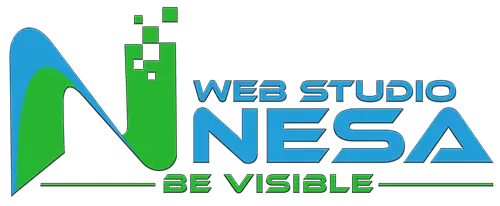
Website protection
Provide secure and trusted communication with your site visitors, as well as an easy way to verify your identity. SSL (Secure Sockets Layer) certificates raise the security of your web pages to a high standard and send a clear message to your visitors that their information is protected on your web site. Through SSL, communication of the web browser with the web server is encrypted, which gives the visitors of your pages the highest level of security and confidence in your web site.
With SSL certification, you secure your business and prevent theft by tapping into sensitive information such as credit card numbers, e-mail addresses, personal information, passwords and the like. This is technology used by all major companies, such as Google, Facebook, Amazon and all the well-known e-commerce sites.
WHO NEEDS SSL?
The number of hackers is constantly increasing, and thus the danger on the Internet. Pages that hold confidential information (bank, private, etc.) must be able to secure against the theft of the information provided. The key word is SSL certificate. You can find out what an SSL certificate is and when you need it below.
SSL ENCRYPTION
An SSL certificate is used to secure the transmission of data on the Internet. The SSL certificate is domain-related and renewed every year. Every site that stores sensitive information or the Web Shop when purchasing must have an SSL certificate installed. Many users do not want to enter credit card information if the Web Shop they are buying does not have an SSL certificate!
Some examples of when you need an SSL certificate:
- You have an online store and want to give your customers maximum security.
-
You want to upload sensitive form information.
-
On the page you have a group of users whose information is not public.
HOW TO ESTABLISH THE SSL CERTIFICATE?
The easiest way to notice the presence of an SSL certificate is in the address bar - instead of http://www.webstudio-nesa.ba it will write https://www.webstudio-nesa.ba which means that the letter S after http is a sign that your site has an SSL certificate.
A small padlock will appear in the status bar of your web browser, and you can double-click on it to get all the details of the certificate, so that you can authenticate. Newer web browsers have both the address bar or part of the address bar in green, signaling that communication is being made via a secure SSL certificate.

Which Web Browsers Support SSL?
SSL certificates that our clients receive for free as part of the hosting package support a large number of Internet browsers.
TAKE THE RIGHT STEP!
Send us an inquiry and see our professionalism...



